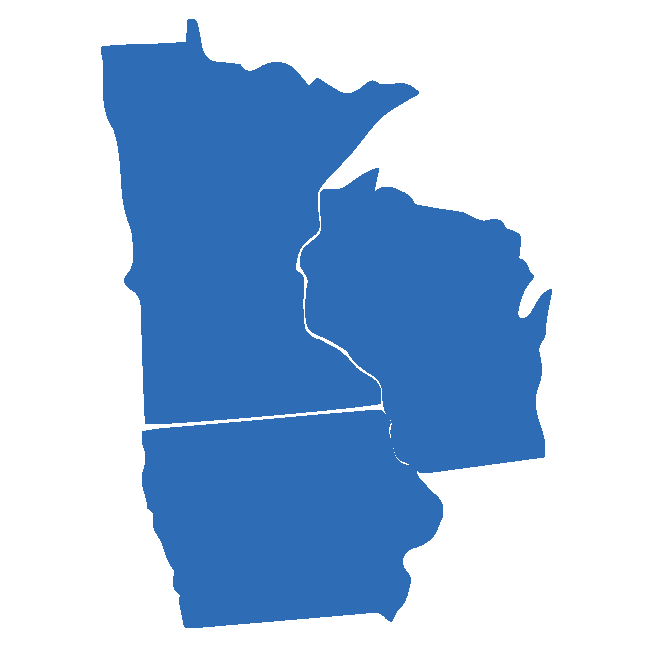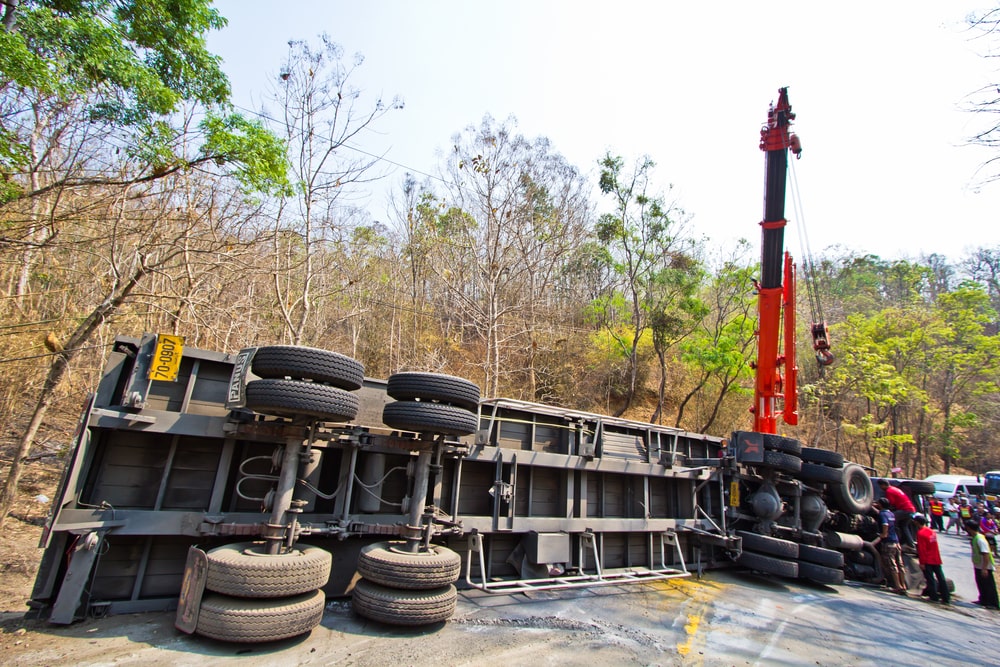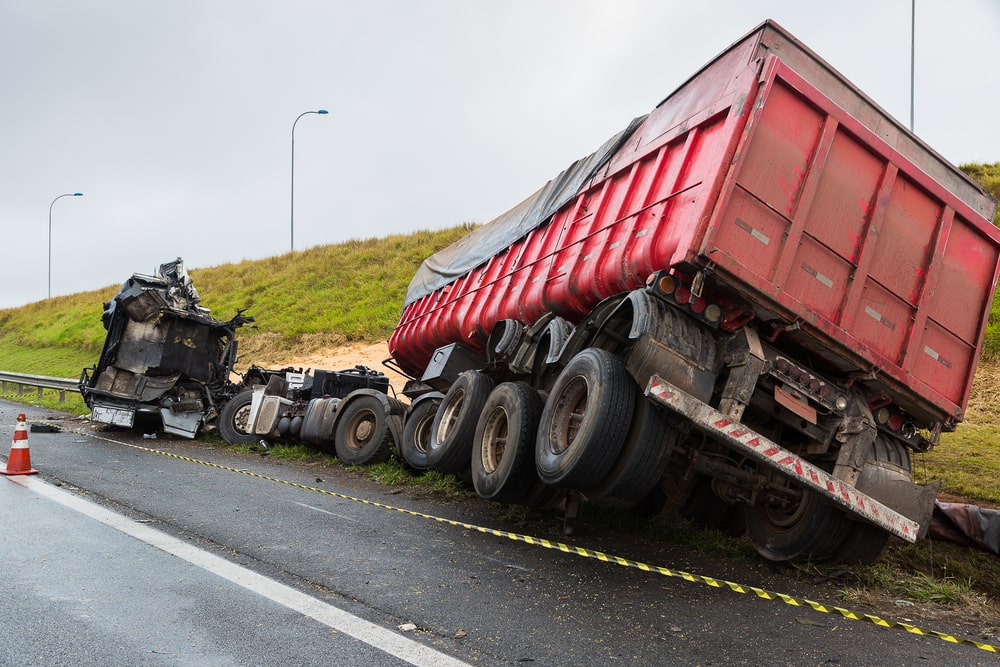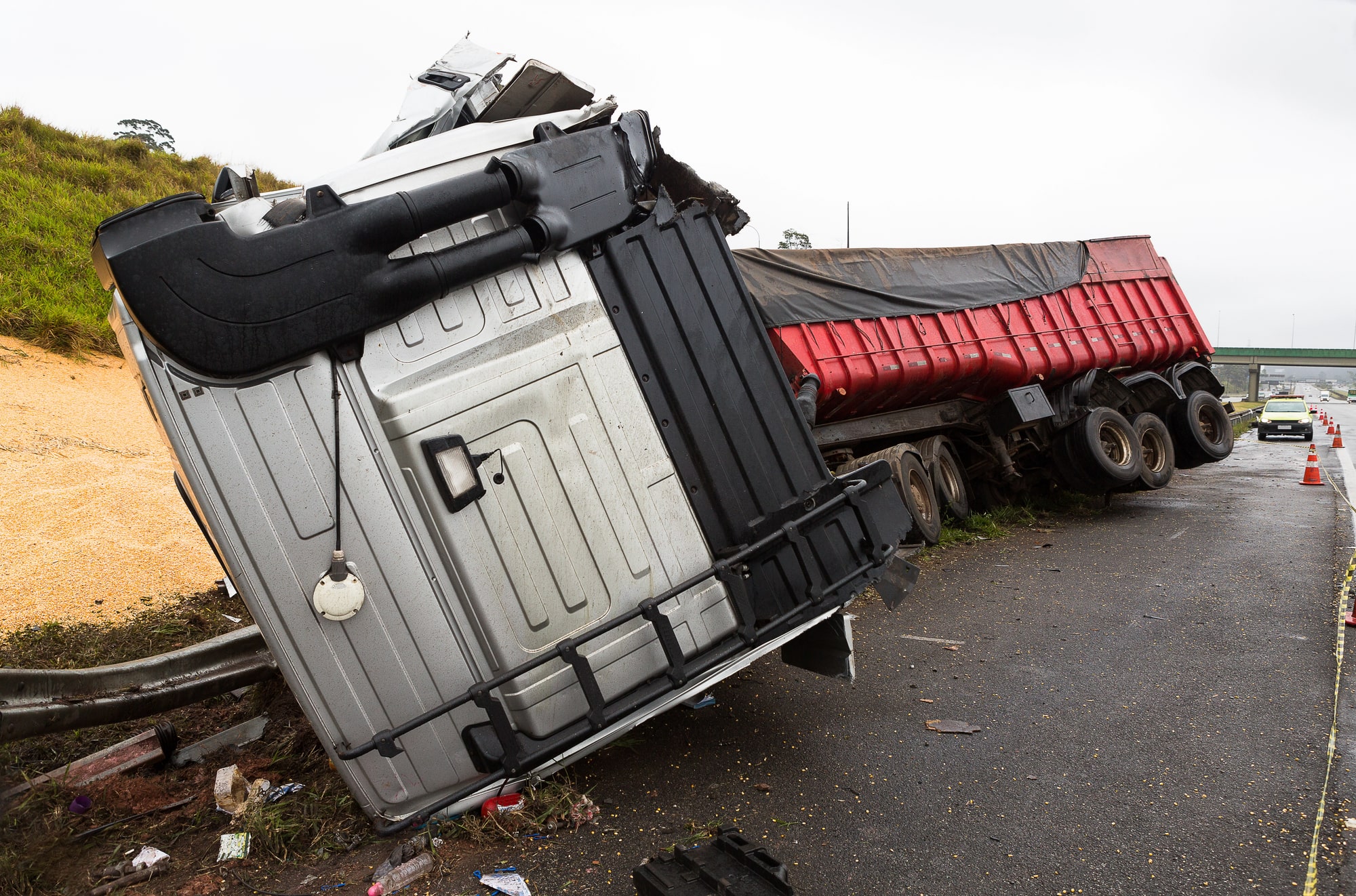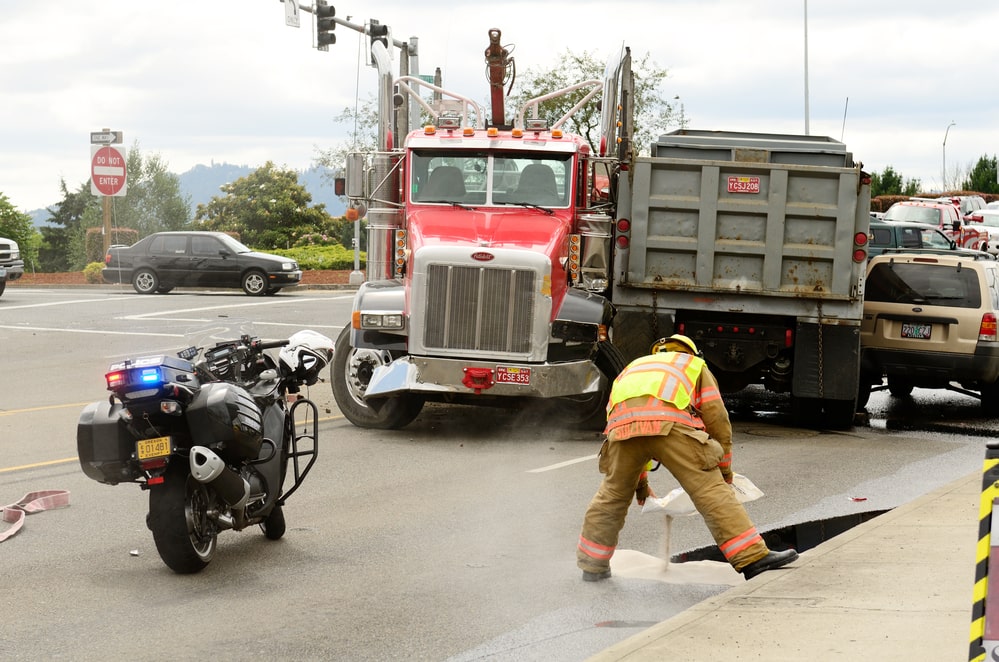If you’ve been in an accident with an 18-wheeler in Minnesota, you may be wondering who can be held responsible for your losses. While the driver is often the most obvious party, many times the trucking company itself may also be held accountable. Our Minnesota 18-wheeler accident lawyer can tell you that this happens through a legal principle called vicarious liability, and it can have a big impact on the outcome of your claim. When you are looking for a lawyer, you can trust our firm. We have won millions for our clients.
What Vicarious Liability Means
Vicarious liability is a legal rule that holds employers responsible for the actions of their employees while those employees are performing work-related duties. When applied to an 18-wheeler accident, it means the trucking company can be liable if the driver caused the crash while on the job.
This matters because accidents involving 18-wheelers often result in serious injuries, and the costs of recovery can be high. Trucking companies typically carry much larger insurance policies than individual drivers, giving you more resources to cover medical treatment, lost wages, and other damages.
When A Trucking Company May Be Responsible
For a trucking company to be held liable under vicarious liability, the driver must have been operating the 18-wheeler within the scope of their employment. Examples include making deliveries, transporting freight, or driving to pick up a load. In these situations, the trucking company may share responsibility for the crash.
However, if the driver was using the truck for personal reasons or was acting outside of their job duties, the company may not be held accountable. Determining whether the driver was “on the job” at the time of the accident is often a key part of the case.
How Company Liability Affects Your Claim
When an 18-wheeler accident involves a trucking company, the claim process can look very different from a typical car accident. The company and its insurer often work aggressively to limit how much they pay. They may argue that the driver alone was at fault or claim that the driver wasn’t performing company duties at the time of the crash.
To counter this, you may need detailed evidence, such as driver logs, dispatch records, or employment agreements. These records can show that the driver was working on behalf of the company when the accident happened.
Acting Quickly After An 18-Wheeler Crash
Evidence in 18-wheeler accidents can disappear quickly. Driver logbooks may only be kept for a short period, and black box data can be overwritten. Acting quickly after a crash increases your chances of securing the records and data that support your case.
Moving Forward After An 18-Wheeler Accident
If you’ve been injured in an accident with an 18-wheeler, knowing about vicarious liability could make a major difference in the outcome of your case. Holding the trucking company responsible can give you access to more resources to support your recovery.
At Johnston | Martineau PLLP, we’re here to help you take the right steps after an 18-wheeler accident. We have over 40 years of law experience on our side. Contact us today for a consultation so we can discuss your options and work toward securing the compensation you deserve.

